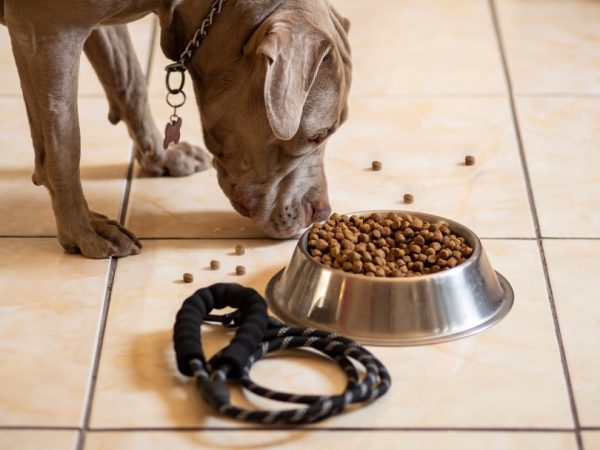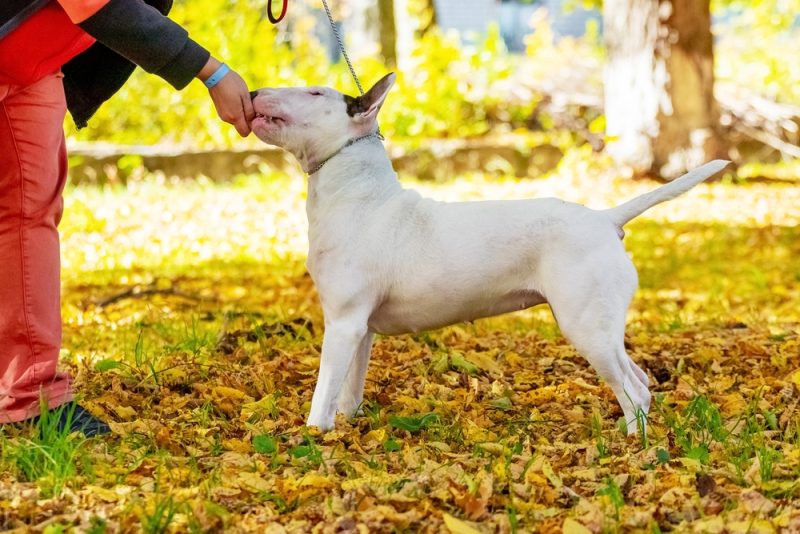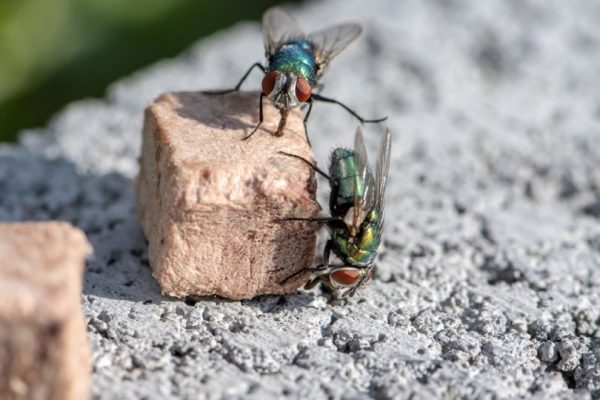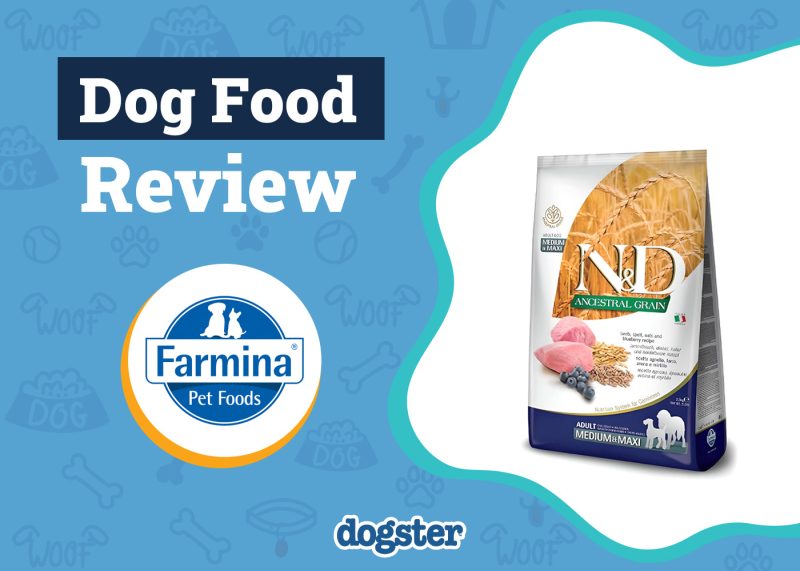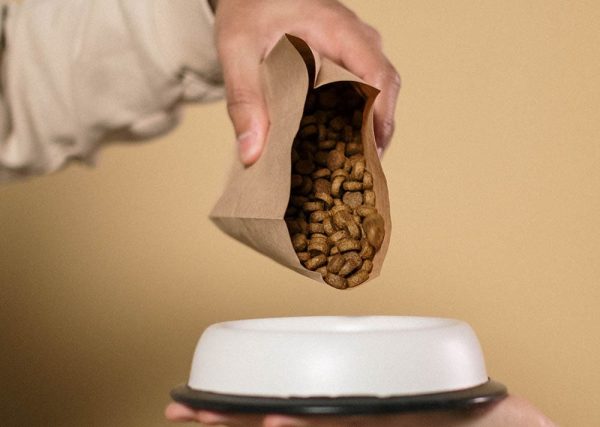In this article
View 3 More +Sardines or pilchards are a type of oily fish used for bait purposes or served as food. They are noticeably rich in healthy fats, vitamins, minerals, and proteins. You can find them in virtually any grocery store in raw, cooked, or canned form where they can be made into various tasty meals. Since sardines can be healthy for us to eat, you are probably wondering whether dogs can eat sardines too.
Well, sardines are generally safe for dogs to eat. However, they must be prepared correctly without any harmful additives to be safe. If you are interested in learning more about feeding sardines to dogs, then this article is for you.

Can Dogs Eat Sardines?
Dogs can eat cooked, deboned sardines with no harmful additives. Sardines can be a nutritious addition to your dog’s diet thanks to the many important nutrients they offer. Of course, sardines should not make up a large portion of your dog’s diet and rather be fed as a snack alongside their main diet. Sardines are healthy enough for dogs to eat regularly but shouldn’t be their sole source of nutrition.
Dogs are omnivores, so they can digest and utilize the nutrients from sardines and similar types of fish. The main instances where sardines are unsafe for dogs would be if they contain harmful or toxic additives that dogs should not eat, or bones that pose a choking risk.
You typically want to avoid feeding sardines that contain sodium, oils, brines, sauces, or other seasonings meant for human consumption. The best sardines for dogs are plain and cooked with no additives.
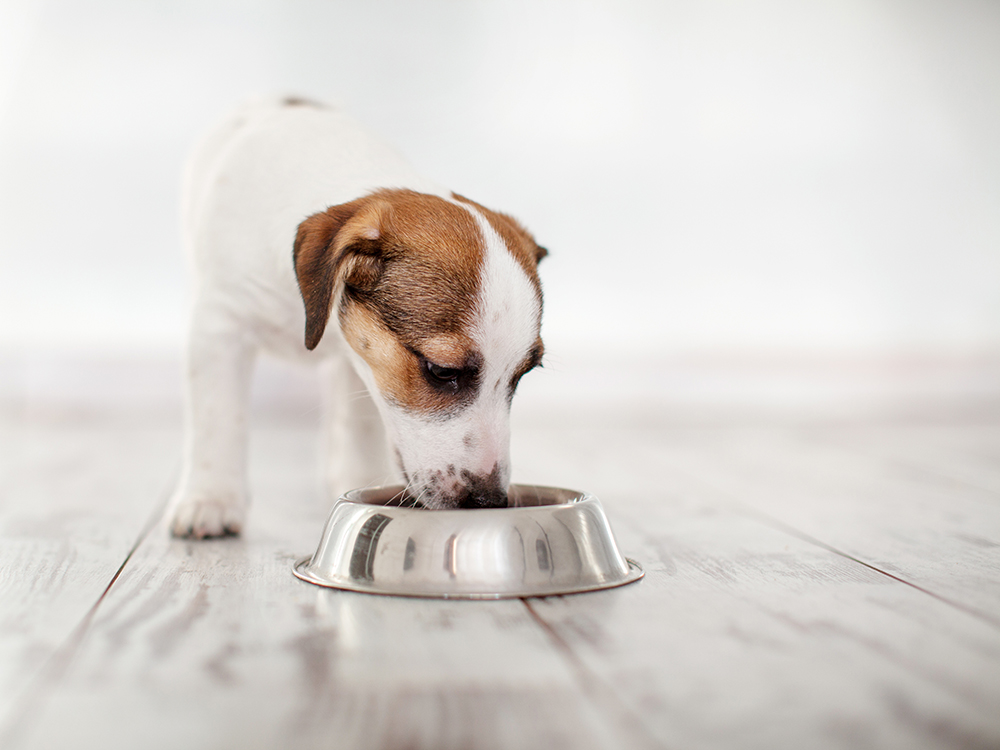

The 5 Benefits of Feeding Sardines
Sardines are packed with beneficial nutrients for dogs. This will be explored more in-depth below.
1. Omega-3 Fatty Acids
As an oily fish from the Clupeidae family, it’s no surprise that sardines are packed with healthy fats such as omega-3 fatty acids. Dogs can benefit from omega-3 fatty acids because their bodies cannot make it on their own. Sardines are a direct source of two omega-3 fatty acids dogs have a dietary need for—eicosapentaenoic acid (EPA) and docosahexaenoic acid (DHA). Omega-3 fatty acids may help support a dog’s skin and coat health, cognitive function, and heart health.
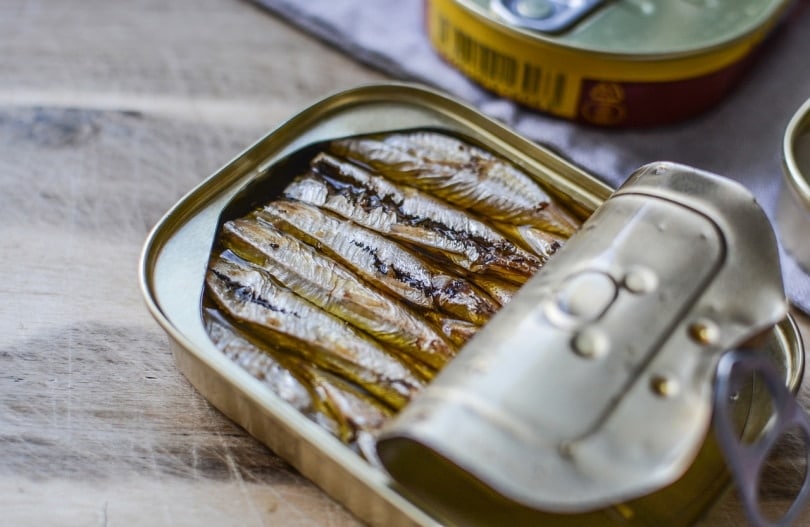
2. Healthy Proteins
Sardines are a good source of protein for dogs, and are low in saturated fats. As omnivores or facultative carnivores, dogs can benefit from additional protein. The amount of protein sardines have depends on their preparation, but usually about 20 grams per 3-ounce serving.
3. Vitamins
Sardines contain a significant amount of B vitamins, specifically vitamins B12, and B3 which are essential nutrients for dogs. They are also a rich source of vitamin D2 and D3 which dogs need for bone health and calcium absorption.
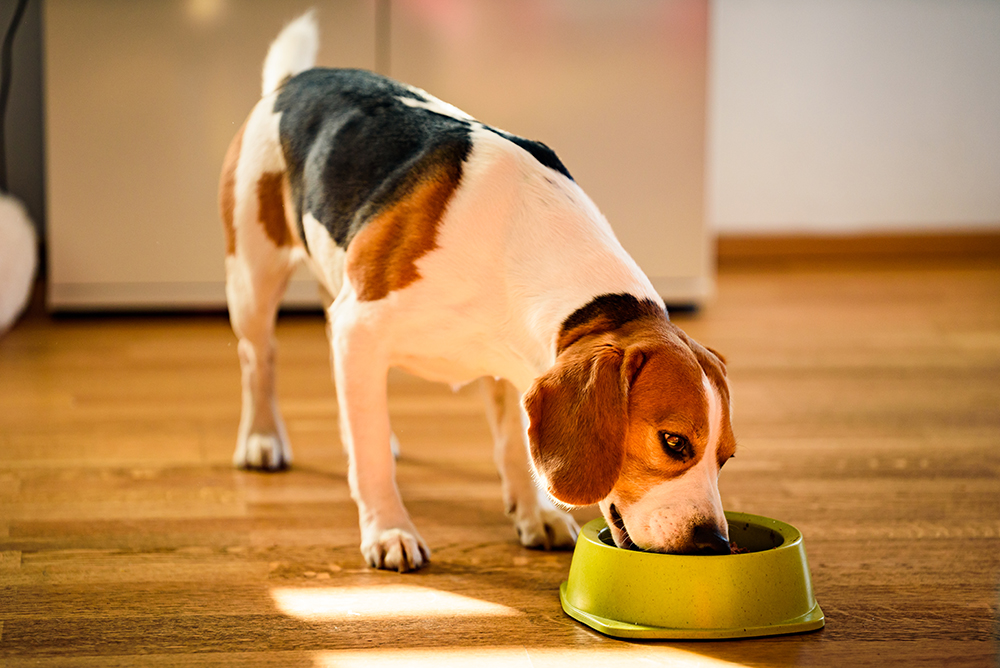
4. Selenium
Selenium is an essential micronutrient found in sardines. It has an important role in metabolic function for dogs, such as its antioxidant function and role in thyroid metabolism. A small 12-gram sardine has about 6.32 micrograms of selenium per serving. Sardines can help boost your dog’s daily selenium intake, although most of it should come from their main diet.
5. Lower Mercury Content
A concern many owners might have about feeding fish to their dogs is the methylmercury content. However, sardines may have a lower mercury content than other fish because of their shorter lifespan. They do not live long enough to consume a substantial amount of mercury. Also, they eat zooplankton and phytoplankton rather than other fish contaminated with mercury.

How to Prepare Sardines for Your Dog
Any sardines that you feed your dog should be fed plain and deboned. It is important to remove the bones as your dog could choke on them. Furthermore, the sardines should be cooked and free of any additives like sauces, spices, salt, or oils. When you cook the sardines, ideally steam them to preserve as many nutrients as possible.
Dogs should not be fed raw sardines due to the risk of bacteria and parasites that can be present in raw fish. Raw sardines can also contain the enzyme thiaminase which breaks down vitamin B1 (thiamine), and can lead to a deficiency.
The sardines should be fed to your dog as a snack in moderation. Small to medium-sized dogs can get about one to three small sardines per serving. Larger dog breeds could eat two to four sardines. Dogs do not need to eat sardines every day, and one to three times a week is usually fine. It is best to consult with a canine nutritionist or your dog’s veterinarian about the correct number of sardines your dog can safely eat.
There are some dogs that may not be able to eat sardines safely though, so it’s always best to check with your vet if they are a suitable addition to your dog’s diet before offering them. For example, dogs that suffer from underlying health conditions such pancreatitis, or those that are overweight may need to avoid this fishy snack.
If you need to speak with a vet but can't get to one, head over to PangoVet. It's an online service where you can talk to a vet online and get the personalized advice you need for your pet — all at an affordable price!

Types of Sardines Can Dogs Eat and What to Avoid

- Plain-cooked, deboned sardines
- Additive-free canned sardines
- Seasoned sardines
- Canned sardines in tomato sauce
- Canned sardines in brine
- Canned sardines in oil
- Sardines with bones

Conclusion
Sardines are good for dogs as a snack and in moderation alongside their main diet. Sardines offer dogs many dietary benefits as they contain essential fatty acids, vitamins, and important minerals. Furthermore, sardines contain less mercury than many other types of fish so they might be safer for your dog.
The best way to prepare fresh sardines for your dog is to debone and steam them. Some canned sardines that are in plain water are also safe. You do not want to feed sardines that contain any additives, such as oils, sauce, or seasonings.
- See also: Can Dogs Have Tilapia?
Featured Image Credit: Audreycmk, Shutterstock





